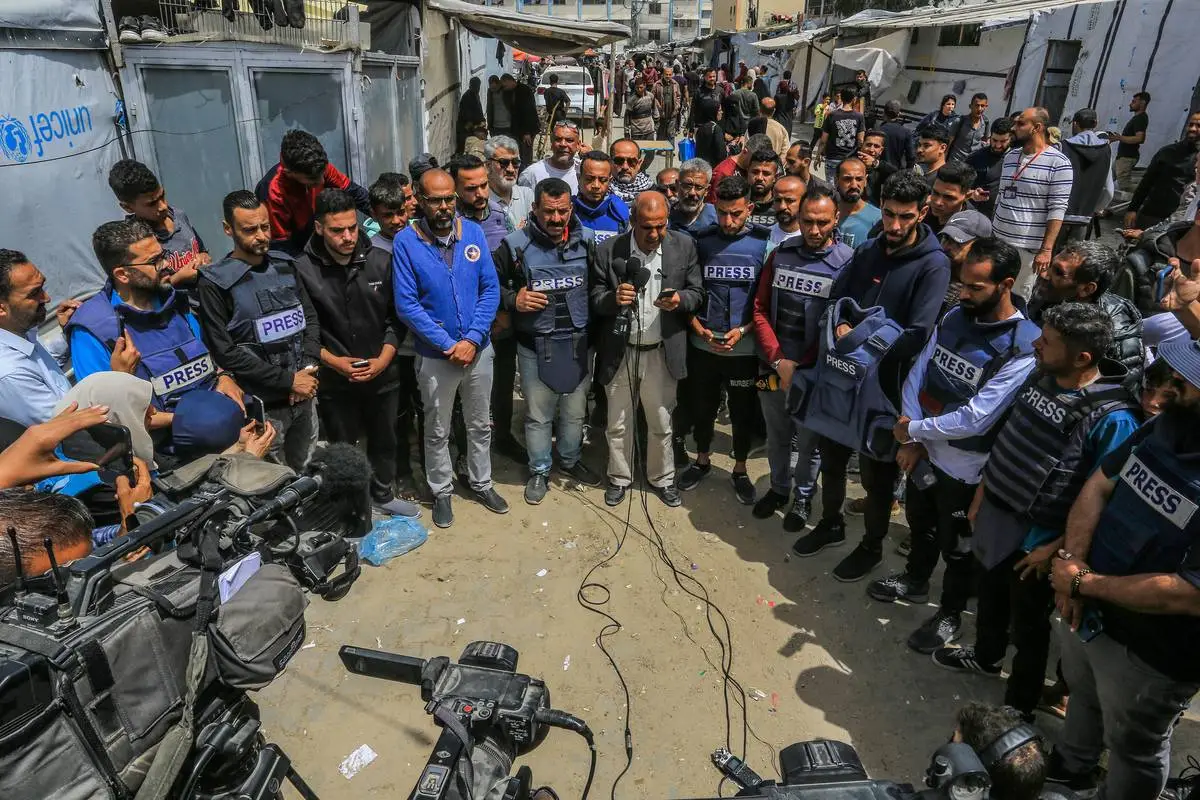Although the Israeli-Palestinian conflict has persisted for decades, the discussion surrounding the two-state solution remains a pivotal aspect of potential peace efforts, particularly concerning the lives of Palestinians. Advocates argue that establishing an independent Palestinian state alongside Israel could foster stability and coexistence, yet many Palestinians view this solution through a lens of skepticism. The historical context reveals that even the mere proposition of a two-state solution has had dire implications for Palestinian lives, often exacerbating their struggles rather than alleviating them.
The two-state solution, while advocated for peace, often deepens Palestinian struggles and skepticism.
The concept of a two-state solution is not new; it has been a part of various peace negotiations since the late 20th century. However, the realities on the ground tell a different story, one marked by ongoing violence, settlement expansion, and military presence. As noted by Palestinian activist Omar Barghouti, “The two-state solution has become an excuse for the continued dispossession of Palestinians.” This perspective reflects a deep-seated belief that the proposed solution often results in further marginalization of Palestinian communities rather than empowerment.
Palestinians living in the West Bank and Gaza Strip face numerous challenges that are exacerbated by the political stalemate surrounding the two-state solution. The presence of Israeli settlements, which continue to expand, poses a significant threat to the viability of a future Palestinian state. This expansion not only disrupts the territorial contiguity necessary for a functional state but also leads to the displacement of Palestinian families, directly impacting their livelihoods and sense of security.
A report by Human Rights Watch states, “Israeli authorities have systematically discriminated against Palestinians in favor of Israeli settlers, leading to a dual system of governance.” This systemic inequality further complicates the prospects of peace.
Moreover, the ongoing violence resulting from clashes between Israeli forces and Palestinians has created an environment of fear and instability. The military operations, often justified as necessary for security, disproportionately affect Palestinian civilians, leading to loss of life and trauma.
Palestinian children, in particular, are caught in this cycle of violence, facing disruptions to their education and psychological wellbeing.














